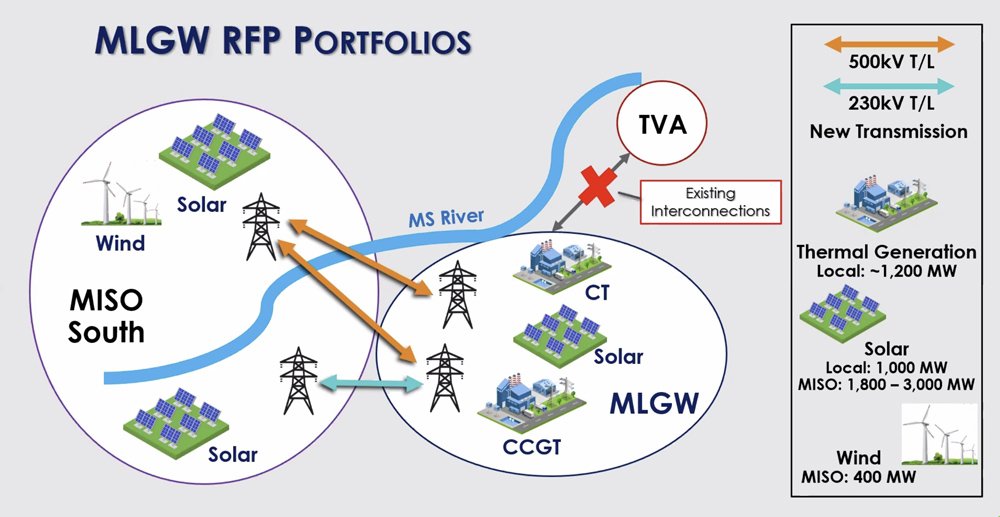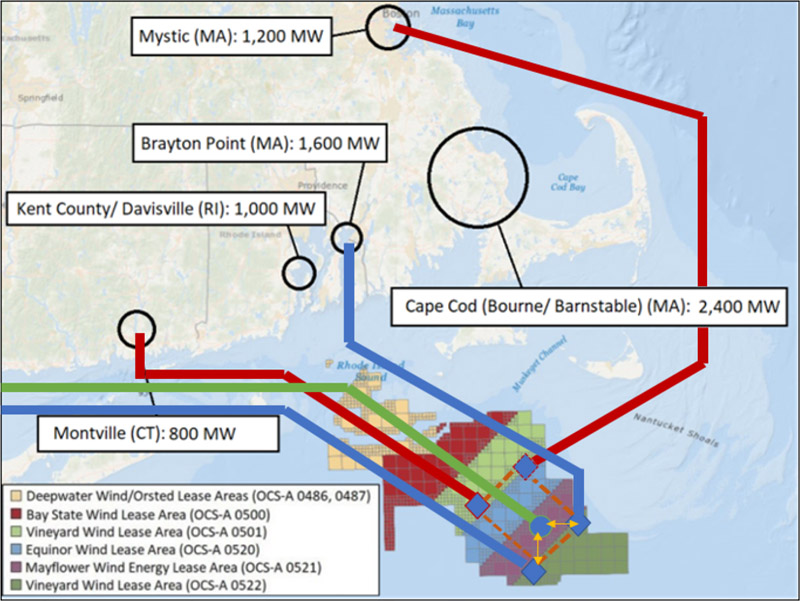California lawmakers passed a last-minute package of climate and energy bills on Wednesday night that Gov. Gavin Newsom wanted to bolster grid reliability and reduce greenhouse gas emissions.
The last day of the 2021/22 legislative session saw lawmakers vote to reverse the state’s decision to close its last nuclear plant, Pacific Gas and Electric’s Diablo Canyon facility, by 2025. The Senate and Assembly approved Senate Bill 846, which grants PG&E a $1.4 billion forgivable loan to keep Diablo Canyon operating five years beyond its scheduled retirement.
The plant supplies nearly 9% of the state’s electricity needs and 17% of its carbon-free energy, the measure says.
“Preserving the option of continued operations of the Diablo Canyon powerplant for an additional five years beyond 2025 may be necessary to improve statewide energy system reliability and to reduce the emissions of greenhouse gases while additional renewable energy and zero-carbon resources come online,” it says.
Newsom, who backed the bill, signed it Friday. Continued operation of Diablo Canyon will require approval of the U.S. Nuclear Regulatory Commission.
Grassroots advocacy group Californians for Green Nuclear Power (CGNP) has pushed for the move since before many politicians were convinced that keeping the plant open made sense. Newsom and other officials gradually came around to CGNP’s point of view as the state struggled to maintain grid reliability starting with the rolling blackouts of August 2020.
“This has been the culmination of a decade of work for CGNP, of thousands of hours of research, filings, outreach and testimony,” the group’s president, Carl Wurtz, said in a prepared statement. “It’s unfortunate it took the lights going out for many to appreciate Diablo Canyon’s value, but better late than never.”
Others continue to believe nuclear power is wrong for California. A contingent of lawmakers said the $1.4 billion could be better spent on fast-tracking more solar, wind and storage resources to meet the state’s goal of relying on 100% clean energy by 2045.
Negative reaction to SB 846’s passage included a statement by the nonprofit Environmental Working Group saying, “This action can only hurt the state’s shift to safe, renewable energy and prolong the risk of a disaster at the plant.” The “bailout bill” was rushed through the Legislature at Newsom’s bidding in the last week of the session, with little time for review by lawmakers and the public, it said.
“The bill … which goes into effect immediately, extends the plant’s carefully planned and negotiated [retirement],” EWG said.
A 2016 agreement among PG&E and environmental and labor groups initially laid out plans for Diablo Canyon’s closure. The California Public Utilities Commission in January 2018 approved the 2,200-MW plant’s retirement. The bill invalidates that decision while ordering the CPUC to reopen its Diablo Canyon proceeding.
SB 846 also instructs the CPUC to submit to the Legislature a cost-benefit analysis of keeping the plant open from 2024 to 2035 compared with adopting a portfolio of “other feasible resources” consistent with the state’s greenhouse gas reduction goals, and a “reliability planning assessment” with supply-and-demand forecasts for five- and 10-year periods under several risk scenarios.
Climate Bills
Other measures passed by lawmakers this week at Newsom’s behest included:
- Assembly Bill 1279, the “California Climate Crisis Act,” which would codify former Gov. Jerry Brown’s 2018 executive order requiring the state to become carbon neutral by 2045 and to “achieve and maintain net-negative greenhouse gas emissions thereafter.”
- SB 1020, which would establish new interim targets for the state’s effort, under 2018’s Senate Bill 100, to supply all retail customers with 100% zero-carbon energy by 2045. The bill would make it state policy to supply 90% clean energy to retail customers by the end of 2035, upping that amount to 95% by Dec. 31, 2040.
- SB 905, which would require the California Air Resources Board to establish a program to capture and store carbon dioxide, and AB 1757, which would task the state’s Natural Resources Agency with establishing ambitious carbon sequestration targets for “natural and working lands” by Jan. 1, 2024.
One Newsom-backed bill failed Wednesday. AB 2133 would have accelerated the state’s GHG reduction goals from 40% below 1990 levels to 55% below those levels by 2030. The bill failed in the Assembly after members of the lower house could not agree to support some Senate amendments.

